
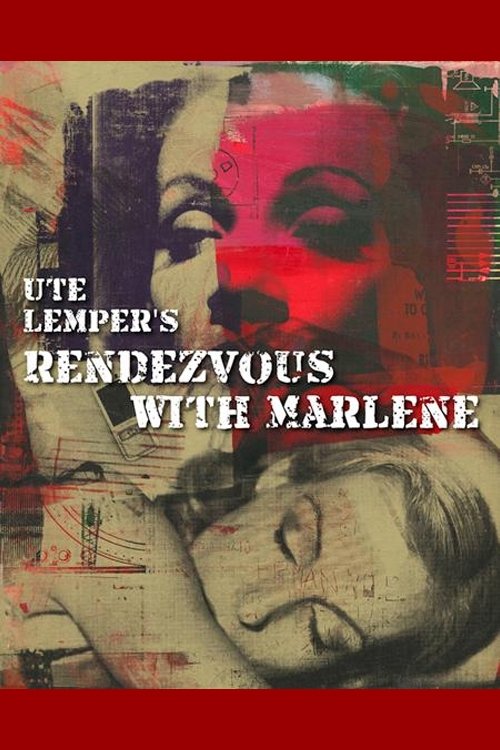
Ute Lemper's one-woman show is a stroll through Marlene Dietrich's life and music. It all began when Marlene, then in her late 80s, called Ute in her Parisian hotel room in 1987.

Tom Waits is one of the most original musicians of the last five decades. Renowned for his gravelly voice and dazzling mix of musical styles, he's also one of modern music's most enigmatic and influential artists. Using rare archive, audio recordings and interviews, this film is a bewitching after-hours trip through the surreal, moonlit world of Waits' music - a portrait of a pioneering musician and his unique, alternative American songbook.
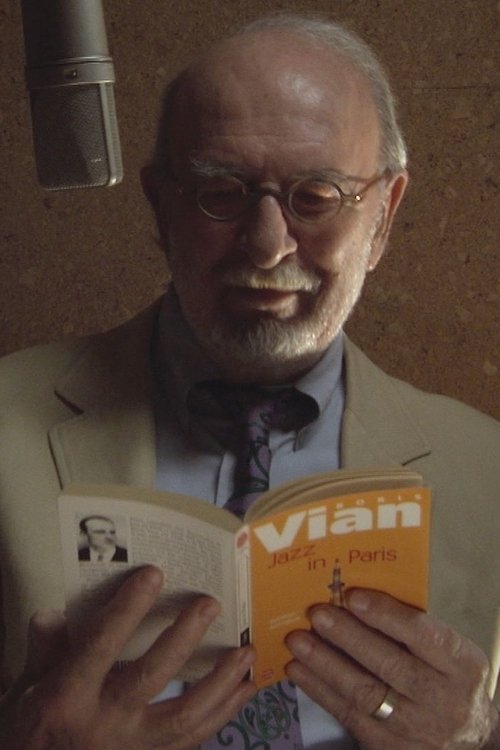
"Vian Bubbles" - On June 23, 2009, fifty years to the day after the death of Boris Vian, a supernatural phenomenon crosses all of France: in the streets, one sings everywhere his songs and one expresses oneself only in the language of the poet. In Paris, Antoine de Caunes wakes up to discover the strange "vianic" epidemic, which also affects radio waves and the small screen. A boss of channel proposes to him to organize, for the same evening, a show dedicated to the songs of Boris Vian. Jean-Pierre Marielle tells us the story of this phenomenon, as supernatural as inexplicable. A tribute in songs to the glowing cast.
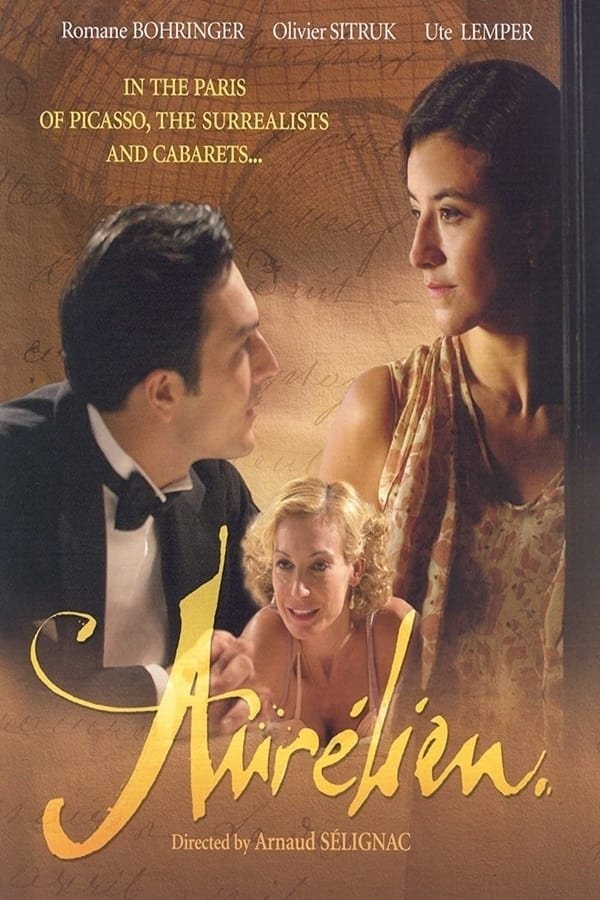
France, 1920s: An affluent ladies' man finds himself in love with a homely married woman.
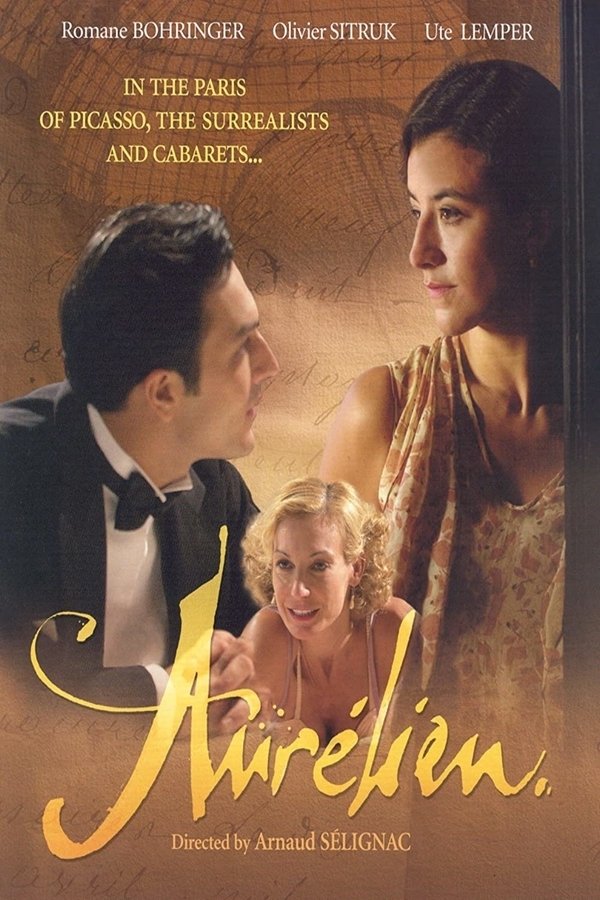
France, 1920s: An affluent ladies' man finds himself in love with a homely married woman.
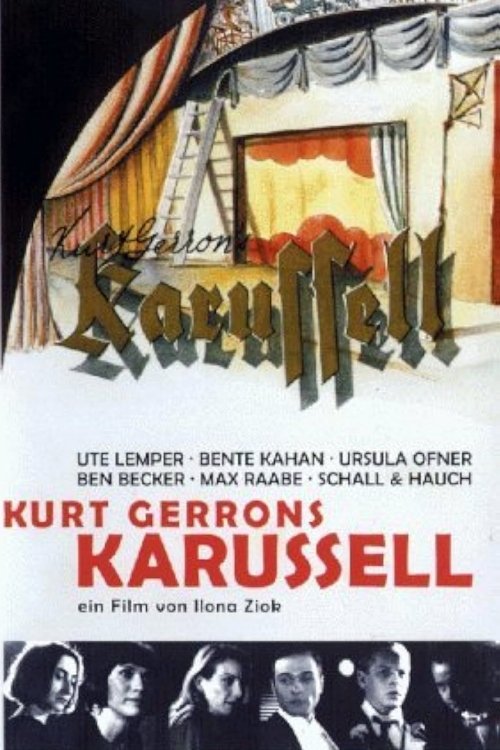
This documentary tells the story of an unusual victim of the Nazi holocaust -- Kurt Gerron, a German film actor and cabaret star. During World War II, Gerron went from being a leading light of the German entertainment community (he made over 70 films and sang "Mack the Knife" in the first performance of The Three-Penny Opera) to a prisoner directing a propaganda film for the Nazis about a makeshift club at Theresienstadt, which was described as a "concentration camp for celebrities." Gerron was eventually executed at Auschwitz. Director Ilona Ziok combines archival footage of Gerron with interviews of peers and survivors who describe how Gerron tragically believed his gifts as an entertainer would save his life -- and how he enthusiastically kept performing right up to his death.
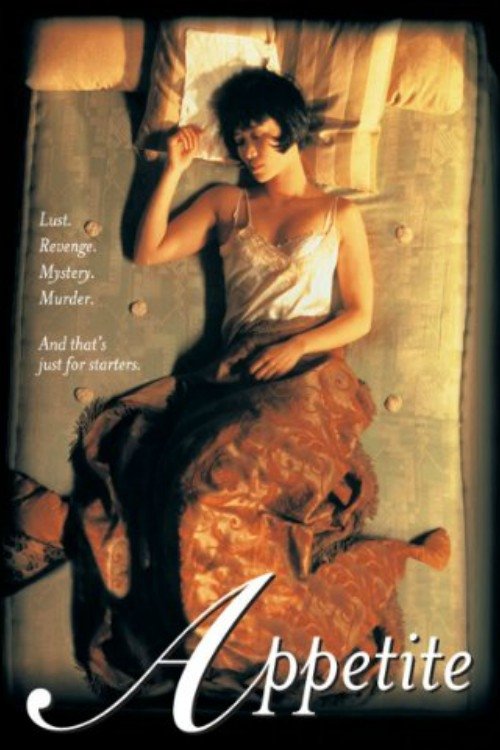
The guests of the Station Hotel have assembled to play a game of cards. The loser will sleep in room 207, a room rumored to be haunted. It hasn't been slept in for 20 years. As their lives tangle in a paranoid deadlock, the only escape becomes murder.
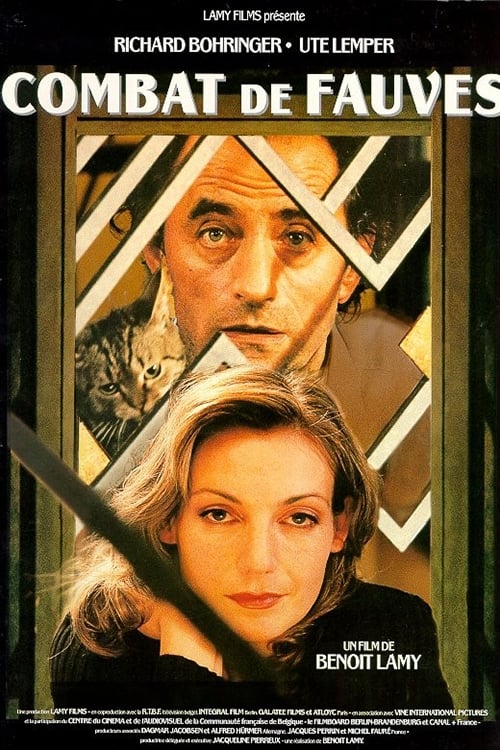
Once upon a time a carnivorous advertising methodist (Richard Bohringer) finds himself stuck between floors in an old elevator. The owner of the deserted building (Ute Lemper) does not help, but plays with him like a prey trapped. To get out, he threatens, attempts to seduce, to deceive, to be honest. After this confrontation for several days...
Ute Lemper sings a collection of art songs by Michael Nyman based on texts by Paul Celan, Wolfgang Amadeus Mozart, William Shakespeare and Arthur Rimbaud. It was filmed at the Musikhalle, Hamburg, 4 February 1992.
This sumptuously photographed period drama is set in 1791 Vienna. Maximilian Bardo, an opportunistic 18-year old Viennese man with aspirations to rise above his bourgeois upbringing, looks for a chance to shoehorn himself into the nobility. His hopes lead him to the castle of a wealthy inventor, Alexander Plant. It is here that a strange story is played out, as Maximilian, full of naive illusions and innocent ideals of what it means to be wealthy and noble, quickly loses his innocence. Falling prey to the jaded aristocrats in residence, he is cruelly initiated into their decadent games.
Ute Lemper (born 4 July 1963) is a German chanteuse and actress renowned for her interpretation of the work of Kurt Weill. Description above from the Wikipedia article Ute Lemper , licensed under CC-BY-SA,full list of contributors on Wikipedia.
By browsing this website, you accept our cookies policy.